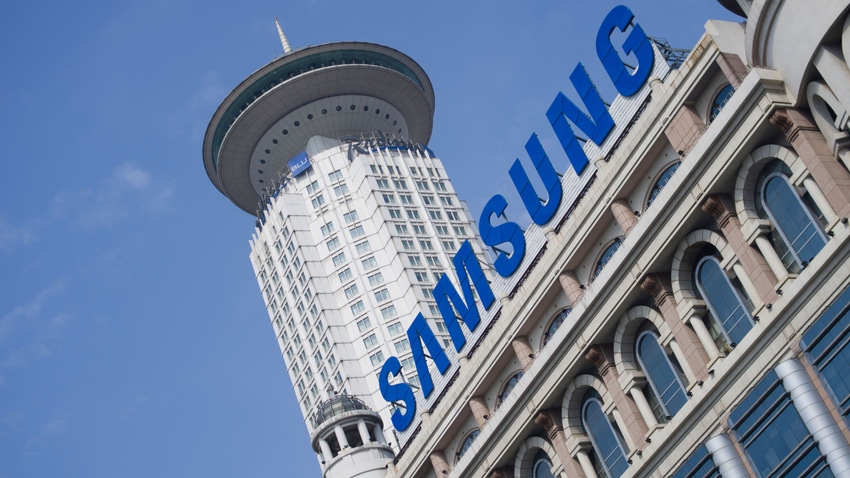Samsung profit plunges as chip sector works off excess
Korean giant Samsung posts lowest full-year profit since financial crisis as it works through the final stages of memory glut.

Samsung Electronics' operating profit dropped by more than a third in Q4 as the global chip sector continued its halting recovery.
The company recorded its fourth consecutive quarter of profit decline, with operating profit of 2.82 trillion Korean won (US$2.1 billion), down 34.5% from a year ago, on KRW67.8 trillion ($50.9 billion) in sales.
The core semiconductor business posted losses of KRW2.18 trillion ($1.6 billion) for the quarter and a hefty KRW14.88 trillion ($11.2 billion) for the year, compared to a KRW23.82 trillion ($17.9 billion) operating profit in 2022.
Samsung's full-year operating income plummeted 85% on-year to KRW6.56 trillion ($4.9 billion) – its lowest in 15 years. Samsung's stock on the KRX closed down 2.15% in Wednesday trading.
While the result was broadly in line with the guidance issued earlier this month, the loss in the chip business was worse than analysts had forecast, reflecting the mix of factors driving the global semiconductor market.
The industry is still shaking out the excess inventory built up during the COVID-19 electronics boom, yet it is also seeing escalating demand for premium products as a result of the AI investment surge. In its Q4 filing issued Wednesday, Samsung said its DRAM business had returned to profit in Q4, with sales of HBM3 chips – widely used in AI systems – rising 40% in the quarter.
AI and memory to drive 2024
Executive Vice President Kim Jae-joon told an earnings call that memory inventories had declined quickly in Q4. He said DRAM inventories were expected to normalize in the first quarter and NAND stocks would reach normal levels some time in the first half of the year.
Kim said the company believed premium products including HBM3 would likely account for the bulk of memory chip sales in the first half of the year.
Samsung's mobile division, which includes devices and network equipment, boosted operating profit by 60% to KRW2.7 trillion ($2 billion) despite a 7% slide in sales. Full-year operating profit rose 14% to KRW13.0 trillion ($9.8 billion).
The company said it was expecting growth in smartphone demand for the first time in two years in 2024, especially in the premium segment.
After releasing the world's first AI smartphone earlier this month, Samsung aimed to lead the AI device market and make Galaxy AI "the global standard for mobile AI," said Vice President Daniel Araujo.
It was a lean year for Samsung's small network equipment division, however. Total sales fell 30% to KRW3.78 trillion ($2.83 billion), with Q4 revenue 38% lower at KRW1.01 trillion ($760 million).
Global semiconductor industry revenue declined 8.8% in 2023 due to a slowdown in enterprise and consumer spending, according to Counterpoint Research.
Chip firms and analysts have forecast a recovery this year. Counterpoint says AI and a rebound in memory will drive growth. Gartner predicts a 17% increase in global revenue, powered by demand for AI chips and improved smartphone sales.
Read more about:
AsiaAbout the Author(s)
You May Also Like












